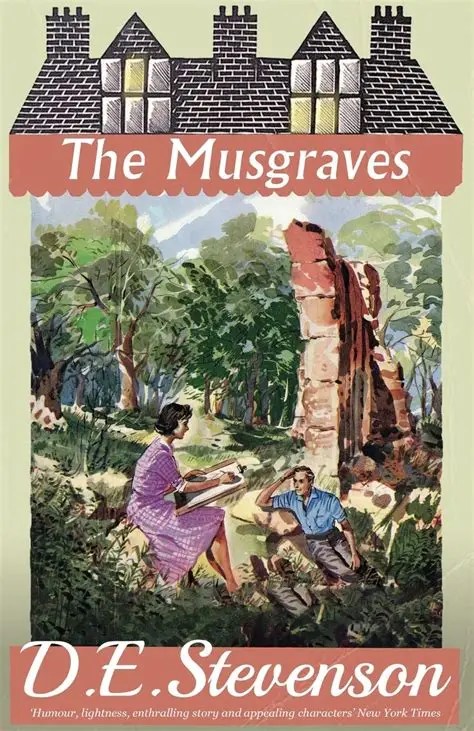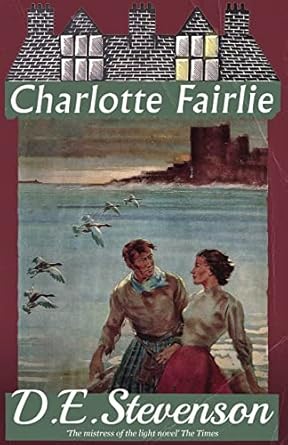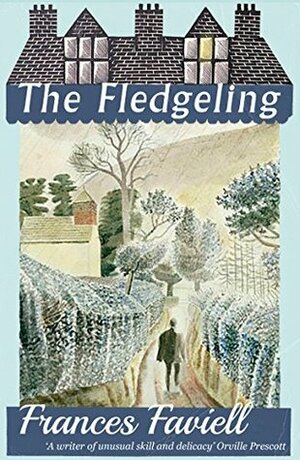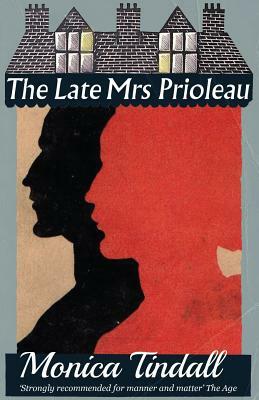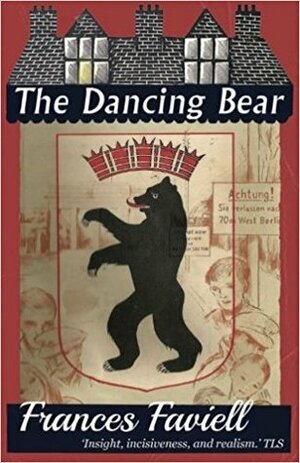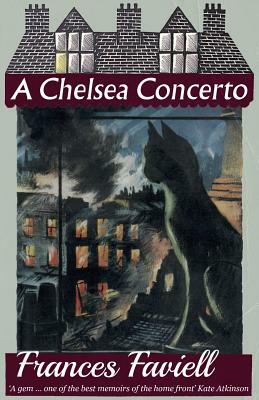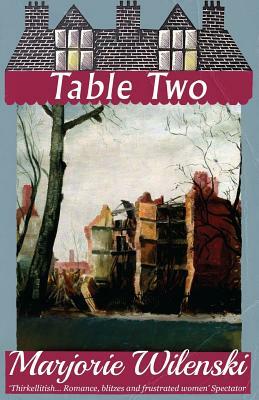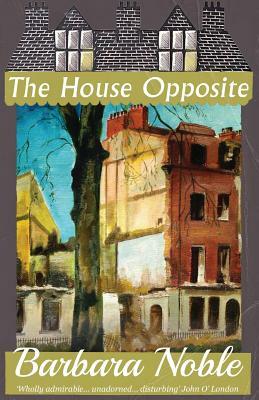My last selection for Dean Street December is The Musgraves by D. E. Stevenson. It’s a little inconsequential compared to some of her others but makes a pleasant read nonetheless.
Esther Musgrave married a much older man when she was quite young, and her biggest regret of that time was that she was unable to befriend his son Walter, who was only a few years younger than herself. Despite her efforts, he was jealous and sulky, and when Charles tried to call him to order, he left university and disappeared. Charles died years later without hearing from him again.
Now two of Esther’s daughters are grown, and the other one has just finished school. Margaret is happily married to Bernard, a solicitor. Rose is dreamy and affectionate. Only Delia, the oldest daughter, poses a problem. She has very little to do and resents being asked to help out. At Bernard’s suggestion, Esther has moved off the family estate because she can’t afford to keep it up. Now Bernard is trying to sell it. Esther is happy in her small house, but Delia constantly complains about it. Delia’s only interest is in the local drama club, and she has fought for the lead in the upcoming play, but now she’s having trouble learning her lines.
A new resident has moved into the neighborhood, Eulalie Winter. Delia befriends her and becomes jealous of her, so much so that Esther feels she should not call on her. Bernard says he recognizes her as the companion of a wealthy woman who died, leaving her all her money. Her appearance and name are changed, but Bernard thinks she’s the same woman he met on a cruise with the old lady.
Rose, quite naïve, has met a young man in the woods by the abbey. Young, maybe, but a lot older than she is. He has been working on her sympathies and has convinced her not to tell her mother about their meetings.
And Walter comes to call! He has come to England on business from South Africa and says he regrets the pain he caused everyone.
Esther herself is a bit silly and ineffectual, a big worrier. But everyone in the family is going to experience a change.
I liked this one, but I didn’t really get pulled into it or feel affection for any of the characters. Still, I wanted to know what happened.

